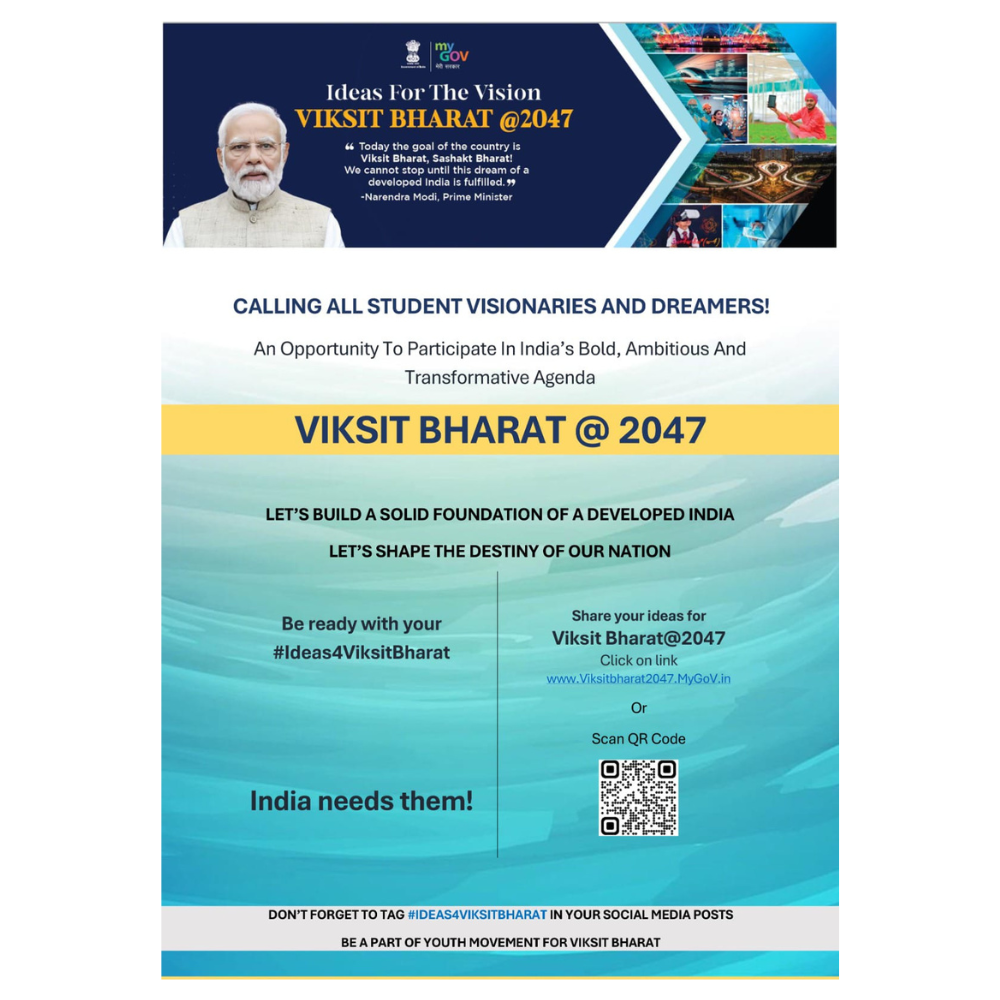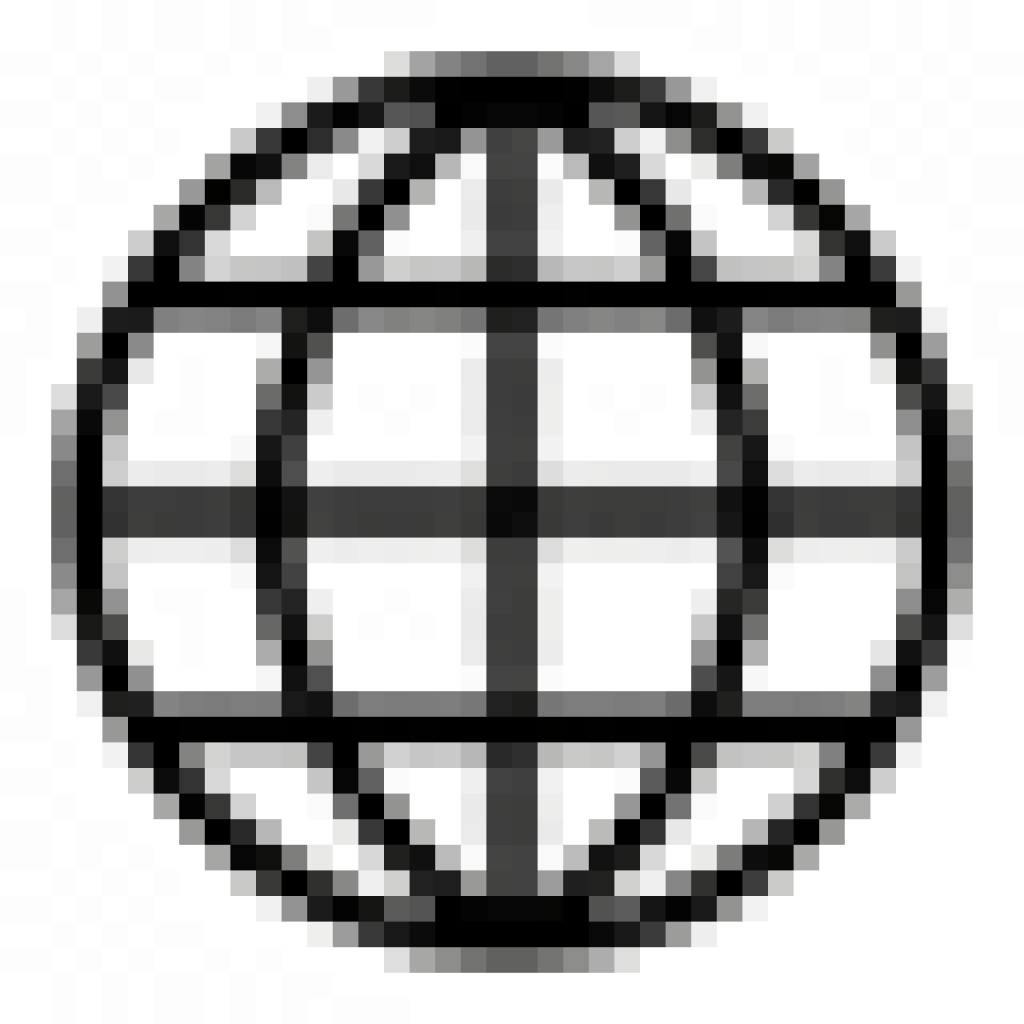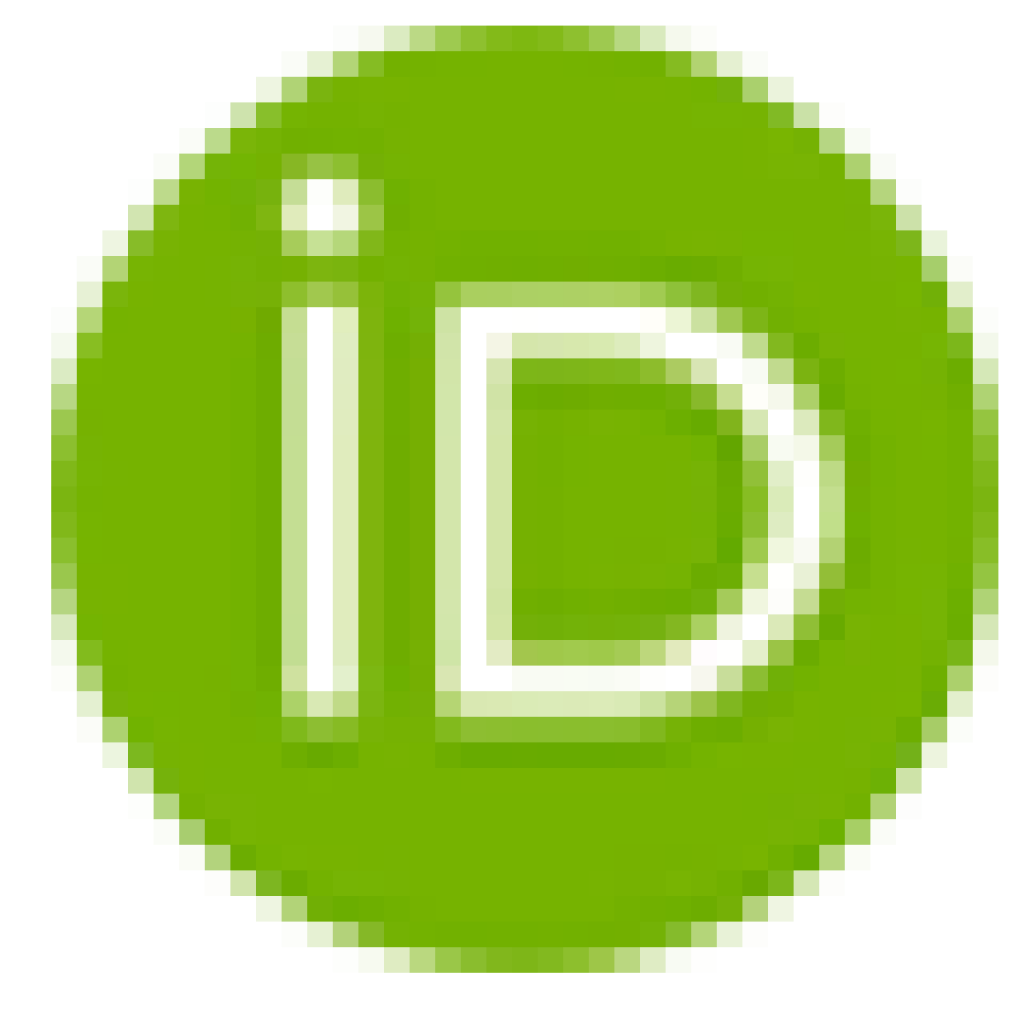
- ravindrakumar@cusb.ac.in
- ravindra.kumarte01@gmail.com
- :
Specialization: ICT in Education, Education Technology, Pedagogy of Language Education.
EXPERIENCE: 10 Years. Dr. Ravindra Kumar is an Assistant Professor in the Department of Teacher Education under the School of Education (SoE), Central University of South Bihar. Before joining CUSB as Assistant Professor, has worked as Assistant Professor (ET) in Central Institute of Educational Technology, NCERT, New Delhi & Ch. Charan Singh University, Meerut, Uttar Pradesh. He has given academic input in various projects under Govt. of India i.e. NROER, MOOCs for School Education, ePathashala, ePG-Pathashala, Indo-Bhutan elibrary, DTH Television etc. Dr. Kumar has supervised more than ten M.Ed. students and four Ph.D. research scholars working under the supervision. He has published more than 18 research papers in reputed National and International Journals and published four books in his area of ICT and Language Education. He has owned as resource person in more than 15 workshops and training programmes in different state of India. Dr. Kumar has wide experience in participating as well as coordinating many training programs, workshops, forums, conferences etc. at national and international level. Apart from this he has contributed approximate 40 e-content based on Hindi and English poems those are uploaded on e-Pathashala, NROER and YouTube platforms.
- Publications
- Kumar, R (June. 2022). विद्यालय शिक्षा में राष्ट्रीय मुक्त शैक्षिक संसाधन कोश एक नवोन्मेषी पहल. अधिगम (शैक्षिक शोधपत्रिका), 23(2). 103-116. (ISSN 2394-773X. UGC Care Listed).
- Kumar, R. & Prabhakar, A. (August. 2022). Digital Footprints: How Big Really It Is?. Third Concept. 426(426). 50-53. (ISSN 0970-7247. UGC Care Listed).
- Kumar, R. & Gurung, P. (August. 2022). Mentoring Pre-service Teachers in Pursuit of Learning to Teach. Bhava Veena, Journal of Arts, Literacy, Culture & Language Study, 19(7-2). 119-130. (ISSN 2456-4702. UGC Care Listed).
- Kumar, R. (Nov. 2021). National Repository of Open Educational Resources: Futuristic Applicability for School Education. Education India Journal: A Quarterly Refereed Journal of Dialogues on Education, 10(3). 257-262.
- Kumar, R. & Prabhakar, A. (2021). Digital Literacy: Need to Incorporate and Promote among Stakeholders of Education. Education India Journal: A Quarterly Refereed Journal of Dialogues on Education, 10(2). 125-135.
- Kumar, R. (2021). Content analysis of English textbook: Panorama- an anthology of English Prose and Poetry for Class IX. Journal of Modern Thamizh Research, 9(3), 993-998.
- Kumar, R. & Prabhakar, A. (2020). ‘Digital literacy as a challenge for students to attend online classes during COVID-19 pandemic: A critical analysis’. Special Issue of Journal of School Science. 56(1).
- Kumar, R. (Jan. 2020). Use of computer assisted instruction as an innovative tool for remedial teaching of children with figure constancy type of learning disability. Indian Journal of Educational Technology, 2(1), 73-83.
- Kumar, R. (July 2019). बच्चों में भाषा अर्जन के लिए कम्प्यूटर सहायक अनुदेशन (कम्प्यूटर गेम्स एवं अनुकरण) एक सशक्त उपकरण. Prathamik Shikshak. 43(3). 22-30.
- Kumar, R. (Dec. 2017). Computer assisted instruction: An innovative tool of remedial teaching for children with position-in-space type of learning disability. Journal of Teacher Education and Research (JTET), 12(2). 127-134.
- Kumar, R. (Jan-June, 2017). Computer assisted instruction as an innovative tool for remedial teaching of children with figure-ground perception disability. The Signage (An international bi-Annual bi-Lingual referred research journal of education), 5(1), 99-102.
- Kumar, R. (24-25 March, 2017). National repository of open educational resources: An overview of the developmental process of school education contents. Proceeding of National Seminar-Cum-Workshop on Education in Digital Era: Concerns & Challenges. School of Education, CUSB, 1(1), 19-24.
- Kumar, R. (Sept. 2016). A study on CAI as remedial teaching on eye-hand coordination of learning disabled fifth grade. The Primary Teacher, 41(2). 31-40.
- Kumar, R. (2016). Adopting letter grading system at secondary school level. Microncosmos International Journal of Research (MIJR Online Journal), 1(2). 9-11.
- Kumar, R. & Chaturvedi, S. (July-Dec. 2014). Computer assisted instruction as an innovative method as remedial teaching for learning disabled students. Contemporary Social Sciences (An International Journal), 23(3-4). 113-126.
- Kumar, R. & Chaturvedi, S. (Dec. 2014). Computer assisted instruction (CAI) as remedial teaching on diagnostic test of learning disability (DTLD) for fifth grade students. Educational Quest, 5(3). 169-177.
- Kumar, R. & Chaturvedi, S. (Oct. 2012). Content analysis of. B.Ed. Hindi medium textbook in terms of objectives coverage as laid down by NCTE. Journal of Physical Education, Recreation and Sports in Science & Technology, 2(1). 98-103.
- Kumar, R. & Chaturvedi, S. (Jan. 2011). An operational evaluation of B.Ed. educational technology Hindi medium text-book in terms of objectives coverage, linguistic presentation and sequence progression. Indian Journal of Social Perspectives (A Bianual Journal of ASER), 5(1). 81-85.
- Projects
- Books
- Kumar, R, & Chaturvedi, S. (2017) शिक्षा तकनीकी के मूल तत्व. International Publishing House (IPH), p. 536.
- Kumar, R (2014). शिक्षा में सूचना एवं सप्रेषण तकनीकी. Surya Publication, ISO9001-2008 (ISBN. 81-7579-002-4) p. 232.
- Book Chapters
- Kumar, R (2018). Online ICT tools and applications for creation of e-resources. In S. Chaturvedi (Ed.). e-resources of school and college (ISBN No 978-93-87922-40-2). New Delhi. Anu Books, 59-72.
- Kumar, R. (2015) उच्च शिक्षा की समस्याएं एवं उनके बदलते रूप in S. Pal (Ed.). उच्च शिक्षा (ISBN. 978-81-8330-550-1) New Delhi, Arjun Publication House, 108-129.
- Junior Research Fellowship (JRF) awarded by University Grant Commission, New Delhi
- 1st position in 50Mrt. Race in Faculty/Staff Games in Annual Sport Meet (2019) Indradhanush, Central University of South Bihar Gaya (Bihar).
- 2nd position in First Walk in Faculty/Staff Games in Annual Sport Meet (2019) Indradhanush, Central University of South Bihar Gaya (Bihar).
- Projects:
- Received the Grant by ICSSR, New Delhi for Major Research Project on “Developing Social, Emotional, and Collaborative skills through Culturally Responsive Instructions (CRI) among Middle School Students"
- Received the Grant by ICSSR, New Delhi for Minor Research Project on “Indigenous Knowledge in School Education: Challenges in Sharing the Indigenous Knowledge to 21st Century Students"
Dr. Ravindra Kumar has involved in various university and departmental committees i.e. University Library Purchase Committee (ULPC), Board of Studies Committee, Core Group of Internship (CGI), Research Advisor Committee, Advisory Committee of PMMMNMTT, Computer-cum-Language Laboratory, & ICT Facilities committee, Departmental Data (NCTE, Annual Report, CUB times, MoU, Departmental Profile, Website, NAAC, IQAC etc.) committee, MOOC Studio, Game, Sport & Yoga Committee & Question Paper Moderation committee. The future prospective is to unite all teacher-educators that include teachers and the freelancers through online teaching. To provide access to students for each and every type of resources that will help not only the students but also the teachers and teacher-educators too for their personal and professional development.











